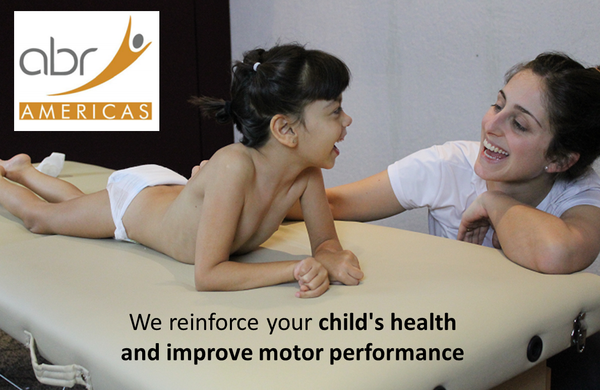
In a previous article we talked about the importance of controlling the size of the pieces of food given to your child and the right foods to choose,
Today let’s look at which foods are detrimental to your child’s development.
Children with special needs often have significant respiratory problems and have a greater tendency to produce mucus that clogs the lungs and impairs their quality of daily life.
The first foods to eliminate are…
1. Dairy products
Not only do they promote the production of mucus, but they have the ability to trap the toxins that are already present in our body: so if your child has a chronic illness like the flu or bronchitis, we strongly urge you remove milk from their diet if you want to aid in their recovery.
Even more than casein, milk protein irritates the immune system.
If you really want to give your child dairy products, choose fresh, organic products. Organic yogurt, if it is not processed, is generally easier to digest than milk alone.
Remember also that goat’s milk or sheep products, if they are fresh from the farm, are easier to digest than cow’s milk.
What can you use to replace milk and milk products with?
It is possible to prepare beverages from coconut water. If you wish to enrich these beverages with the fat or protein, you may be mix them with almond or cashew cream.
2. Products containing gluten
More and more parents of children with special needs opt for a gluten free diet. Gluten is difficult to digest.
For children with special needs, gluten can be a real poison, harming their development and progress.
Gluten free cereals include:
- Rice
- Millet
- Buckwheat
- Amaranth
- Quinoa
Cereals low in gluten and that some children tolerate well:
- Rye – questionable tolerance
- Oats
In short, we recommend that you eliminate all grains that contain gluten and all dairy products.
Children who have a deficient metabolism, progress much faster when relieved of their a diet containing gluten and casein (the main protein present in milk and cheese).
For children with epilepsy,
we recommend a diet free from gluten, milk, dairy products and sugar.
This is an essential condition that will help control seizures through nutrition.

